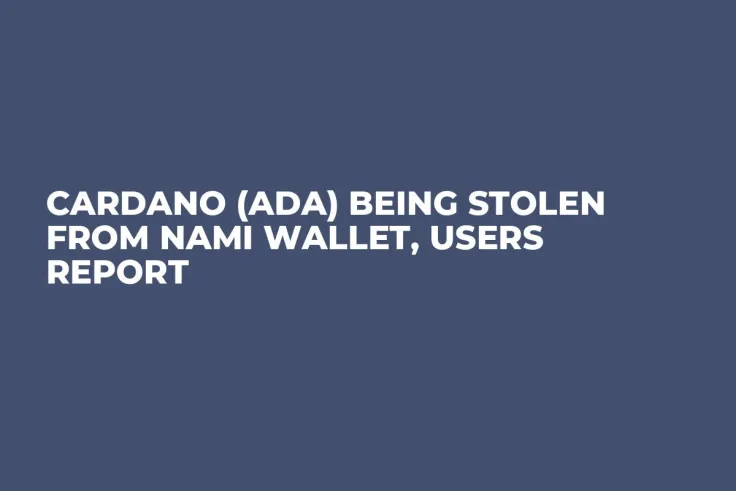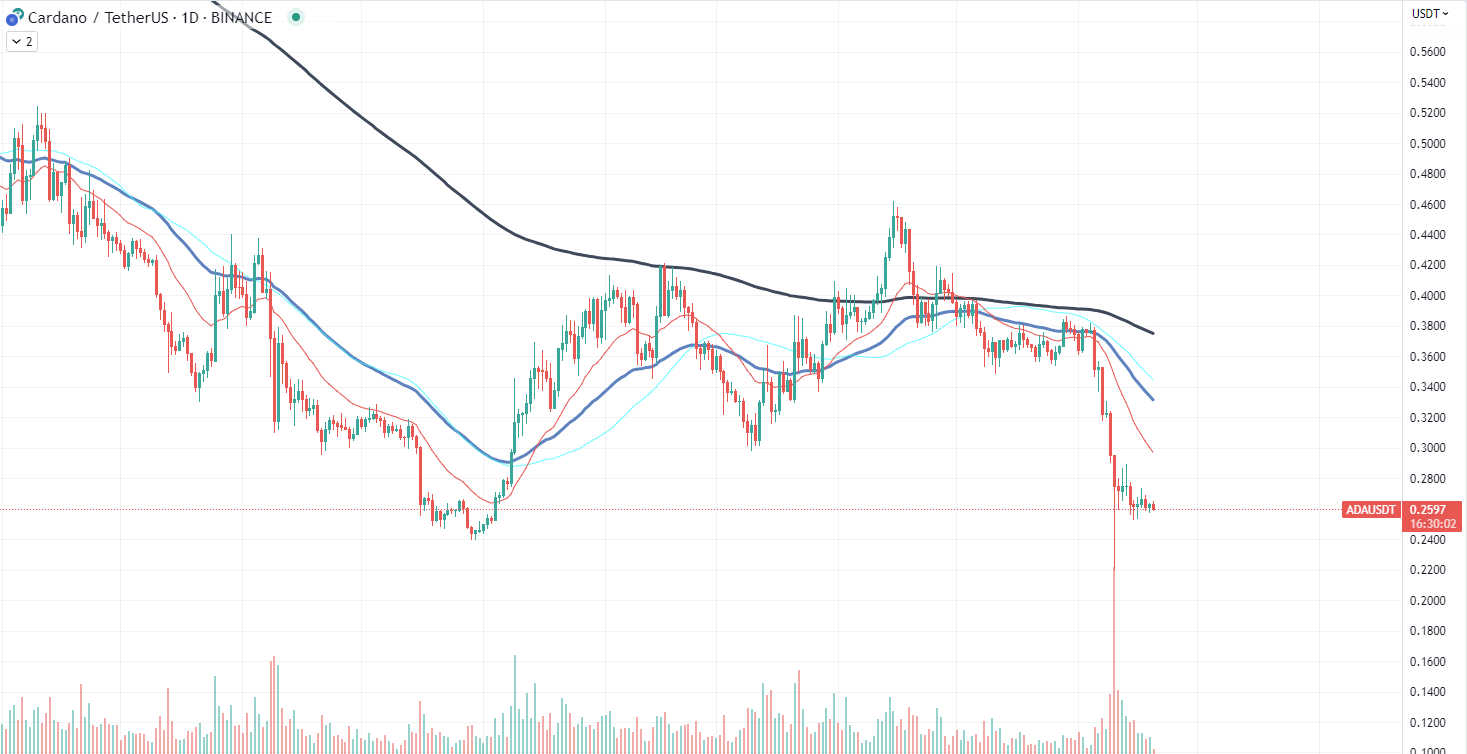
Disclaimer: The opinions expressed by our writers are their own and do not represent the views of U.Today. The financial and market information provided on U.Today is intended for informational purposes only. U.Today is not liable for any financial losses incurred while trading cryptocurrencies. Conduct your own research by contacting financial experts before making any investment decisions. We believe that all content is accurate as of the date of publication, but certain offers mentioned may no longer be available.
An increasing number of crypto investors are reporting unauthorized transactions and losses of Cardano (ADA) from their Nami wallets. These alleged breaches have resulted in their ADA assets being transferred to various Binance deposit addresses and temporary wallets, seemingly without their consent.
The Nami wallet, a popular choice among Cardano users due to its user-friendly interface and functional capabilities, has been at the center of these incidents. However, it is important to note that these security breaches are more likely the result of weak passwords and compromised devices rather than a flaw within the Nami wallet itself, as suggested by security experts.

Investigations into these incidents have failed to identify any common link between victims based on the decentralized applications (DApps) associated with their compromised wallets. This further indicates that the problem does not lie with a specific dApp or the Nami wallet but rather with the security measures taken by the users themselves.
An interesting revelation came from Forbes, indicating that the breaches might be a consequence of a potential "zero-day" exploit in the browser Google Chrome. A zero-day exploit refers to a software vulnerability that is unknown to those who should be interested in mitigating the vulnerability, including the vendor of the target software. If this is the case, the exploit could pose a serious threat to every browser-based cryptocurrency light wallet, far beyond just the Nami wallet.
Users of crypto wallets, especially browser-based ones, should be alert and take additional security measures to protect their assets. Using robust passwords, enabling two-factor authentication (2FA) and regularly updating software can significantly reduce the risk of such breaches.
 Vladislav Sopov
Vladislav Sopov Dan Burgin
Dan Burgin